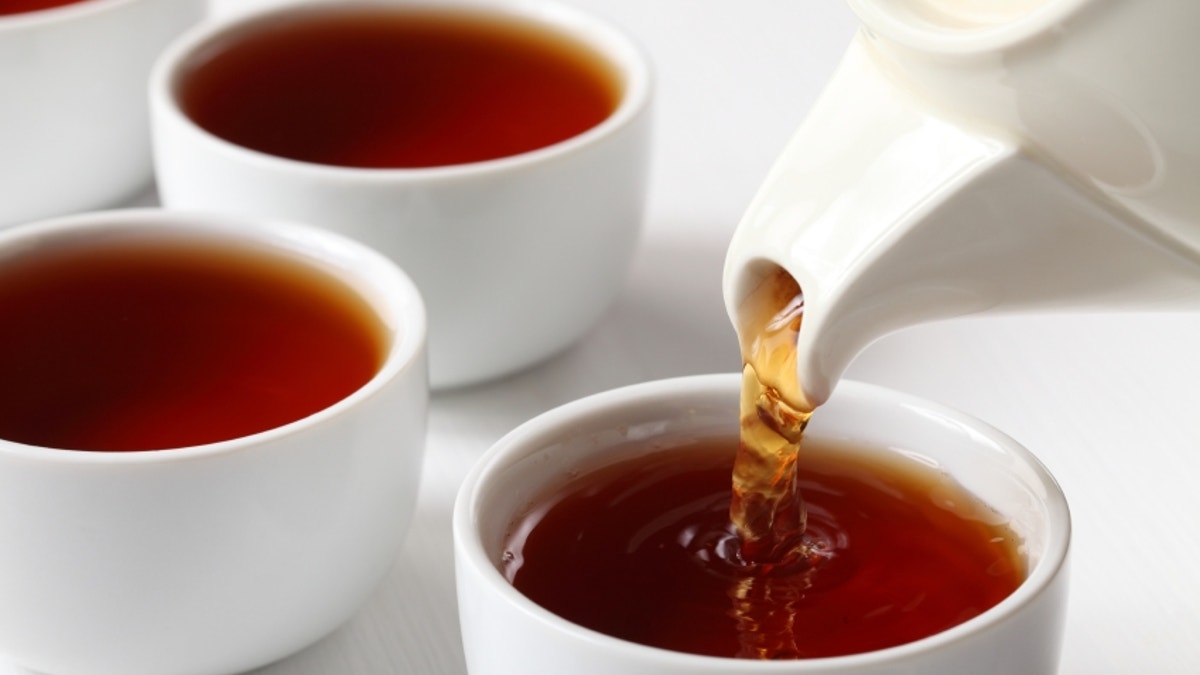
People who enjoy drinking black tea throughout the day may get the added benefit of a slight reduction in their blood pressure, suggests a new Australian study.
Although the study cannot identify specific components of the tea that might lead to a drop in blood pressure, the researchers said past studies have shown flavonoids, compounds found in many plants such as tea, are good for heart health.
"The message really isn't for an individual to go out and drink a lot of tea," said Jonathan Hodgson, the study's lead author and a researcher from the University of Western Australia. He said, instead, the drop is like a bonus.
The study, published in the Archives of Internal Medicine, randomly assigned 95 Australians with normal blood pressure to two groups. One group drank black tea and another drank a beverage similar in taste and caffeine content.
Before the study started, the participants' blood pressure throughout the day was about 121/72 millimeters of mercury (mm Hg).
Blood pressure readings less than 120/80 mm Hg are considered normal. High blood pressure is defined as a reading of 140/90 or above. People with a reading between the two are said to have "pre-hypertension."
Each group drank their assigned beverages three times per day for six months.
After the six months the tea drinkers' systolic blood pressure -- the top number -- fell 2 mm Hg, and their diastolic blood pressure also fell about 2 mm Hg.
While a drop in blood pressure is generally good, a 2 mm Hg drop is not significant enough to bring a person with high blood pressure out of the danger zone.
"Those are small changes and are nothing like what you would see if you took a blood pressure lowering medication," said Dr. Joseph Vita, who has studied flavonoids at the Boston University School of Medicine and was not involved with the study.
However, the placebo group's systolic blood pressure went up about 1 mm Hg and their diastolic blood pressure also increased about 0.5 mm Hg.
To account for potential influences from other foods, researchers had the people in both groups cut back on flavonoid-rich foods such as apples, grapes, dark chocolate and wine four weeks before and all throughout the study.
Hodgson said making the placebo group go from a flavonoid-rich diet before the study to a lower one could have caused blood pressure to go up.
The research was funded through government grants and by Unilever Research and Development, which is an arm of the company that owns the Lipton brand.
According to the researchers, the findings might provide a bigger benefit if they are applied to a large group.
"You've got -- in the population -- large numbers of people with blood pressure around the hypertension range. So just shifting that population down can make a big difference," said Hodgson.




















